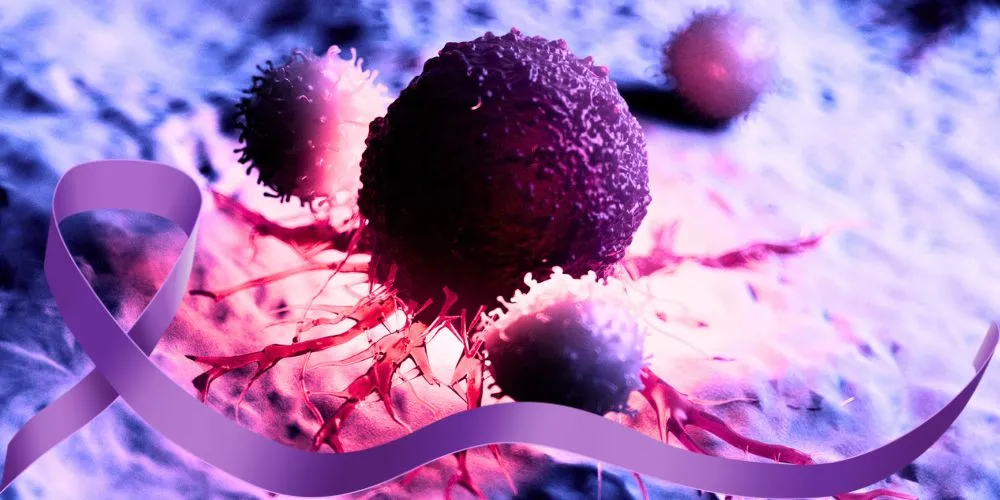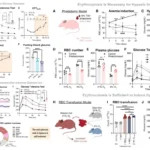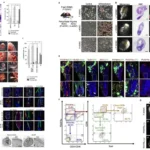Key Points:
- MD Anderson Cancer Center researchers presented three promising clinical studies at the AACR Annual Meeting 2024.
- Adding evorpacept to lenalidomide and rituximab achieved an 80% complete response rate in patients with B-cell non-Hodgkin lymphoma.
- The ADC SKB264 exhibited an objective response rate of 22% in patients with advanced gastric or gastroesophageal junction cancers.
- Combining copanlisib plus olaparib provided a clinical benefit in 36% of molecularly selected patients with advanced cancers.
Researchers from The University of Texas MD Anderson Cancer Center presented three early-phase clinical studies at the American Association for Cancer Research (AACR) Annual Meeting 2024, showcasing encouraging results for patients battling lymphoma, gastric or gastroesophageal junction cancers, and specific molecularly selected tumors. These studies, revealed during a clinical trials mini-symposium, spotlight novel agents and emerging therapeutic strategies, providing hope for improved outcomes in challenging cancer types.
Dr. Paolo Strati, assistant professor of Lymphoma and Myeloma at MD Anderson, shared data from an investigator-initiated Phase I trial featuring the novel CD47 blocker evorpacept (ALX148) in combination with lenalidomide and rituximab (R2).
The trial exhibited promising early results for patients with relapsed or refractory B-cell non-Hodgkin lymphoma, achieving an 80% complete response rate (CRR) and a 90% overall response rate. Adding evorpacept to the R2 combination demonstrated significant efficacy without increased toxicity, offering a potential breakthrough for patients with indolent B-cell lymphomas.
Another study, presented by Dr. Jordi Rodon, associate professor of investigational cancer therapeutics, unveiled preliminary data from a Phase I/II trial evaluating the antibody-drug conjugate (ADC) SKB264 for advanced gastric or gastroesophageal junction cancers.
SKB264 showed an objective response rate of 22% and a disease control rate of 80.5%, with a median duration of response of 7.5 months. Notably, the novel linker-payload combination in SKB264 minimized adverse events typically associated with ADCs, suggesting a promising avenue for durable responses in heavily pretreated patients.
In a separate investigation led by Dr. Timothy Yap, professor of Investigational Cancer Therapeutics, a Phase Ib trial explored the combination of copanlisib plus olaparib in molecularly selected patients with advanced cancers harboring PIK3CA hotspot, PTEN, or DNA damage response (DDR) mutations.
The trial demonstrated a clinical benefit in 36% of patients, with notable responses observed in various cancer types, including triple-negative breast cancer. The combination proved safe and well-tolerated, opening new possibilities for tailored therapeutic approaches in patients with specific genomic alterations.





